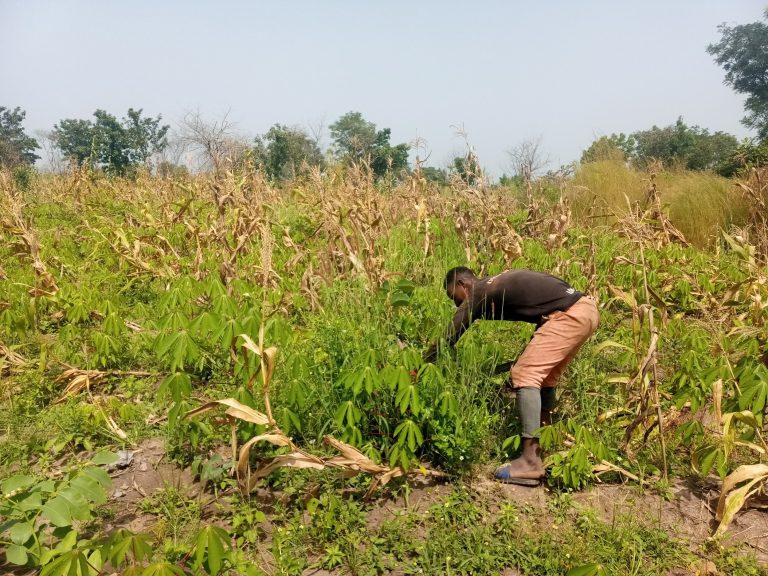The Head of the Technical Department at Mutual Benefits Assurance Plc, Ms. Titilayo Akinsiku, has proposed implementing a life insurance policy for farmers as a strategic measure to combat food shortages in Nigeria.
She made this suggestion at a training session organised in Lagos for journalists covering the insurance sector.
The training focused on the theme, “The Role of Insurance in National Development.”
Akinsiku highlighted that food insecurity in Nigeria is a significant concern for insurers, prompting them to seek ways to support farmers.
“If farmers are protected against the risks posed by insecurity through a life insurance policy, it would provide them and their families with assurance of compensation in the event of any unforeseen circumstances,” she stated.
“This assurance would encourage farmers to continue working on their farms despite security challenges, thereby boosting food production and supply across the country.”
She further explained that Mutual Benefits Assurance is developing a life insurance policy specifically for farmers.
This policy would cover personal accidents, medical expenses, and provide a lump sum in the event of death, among other benefits.
Akinsiku emphasized that the role of insurance in national development is crucial for fostering economic growth, social welfare, risk management, and overall resilience.
“A well-functioning insurance sector has a tangible impact on promoting sustainable development goals, enhancing citizens’ overall quality of life, and fostering the socio-economic progress of a nation,” she noted.
“Insurance is all about planning for the future, and it is beneficial to the nation. It provides protection against financial losses due to unforeseen events such as natural disasters, accidents, or health issues. Only an economy willing to stagnate would undermine the role of insurance,” she added.
She outlined that insurance contributes to the economy through risk mitigation, financial stability, business continuity, resilience, social welfare, inclusivity, risk management, sustainable development, investment, and capital formation.
Akinsiku suggested making insurance mandatory for individuals and businesses to encourage and protect investors and sustain economic growth.
Akinsiku also called on insurance regulatory authorities to enforce transparent and efficient management of funds by insurers.
She recommended that insurance companies diversify their investment portfolios to boost returns and their ability to pay claims, which would help deepen insurance penetration in the country.
Earlier, the Managing Director/CEO of Mutual Benefits Assurance Plc, Mr. Femi Asenuga, stressed the importance of the media in educating the public on how insurance contributes to economic resilience.
He noted that the media is a powerful tool for communicating the complexities of insurance in a relatable and impactful way to build public trust and confidence in the industry, thereby encouraging more people to embrace insurance.
Despite Nigeria’s large population and demographic density, Asenuga lamented the low level of insurance penetration in the country and called for policy changes to increase insurance uptake among Nigerians.
Similarly, the Managing Director of Mutual Benefits Life Assurance Ltd., Mr. Biyi Ashiru-Mobolaji, praised the vital role of insurance in the economy.
However, he expressed concerns about quacks in the industry and emphasized the need to eliminate them.
He noted that the insurance sector has paid significant amounts in claims to policyholders over the years to ensure the financial stability of the people.
Ashiru-Mobolaji identified fraudulent claims as a major challenge facing the industry and mentioned that efforts are ongoing in collaboration with relevant authorities to curb this menace, ensuring that genuine policyholders benefit from insurance.
NAN.


